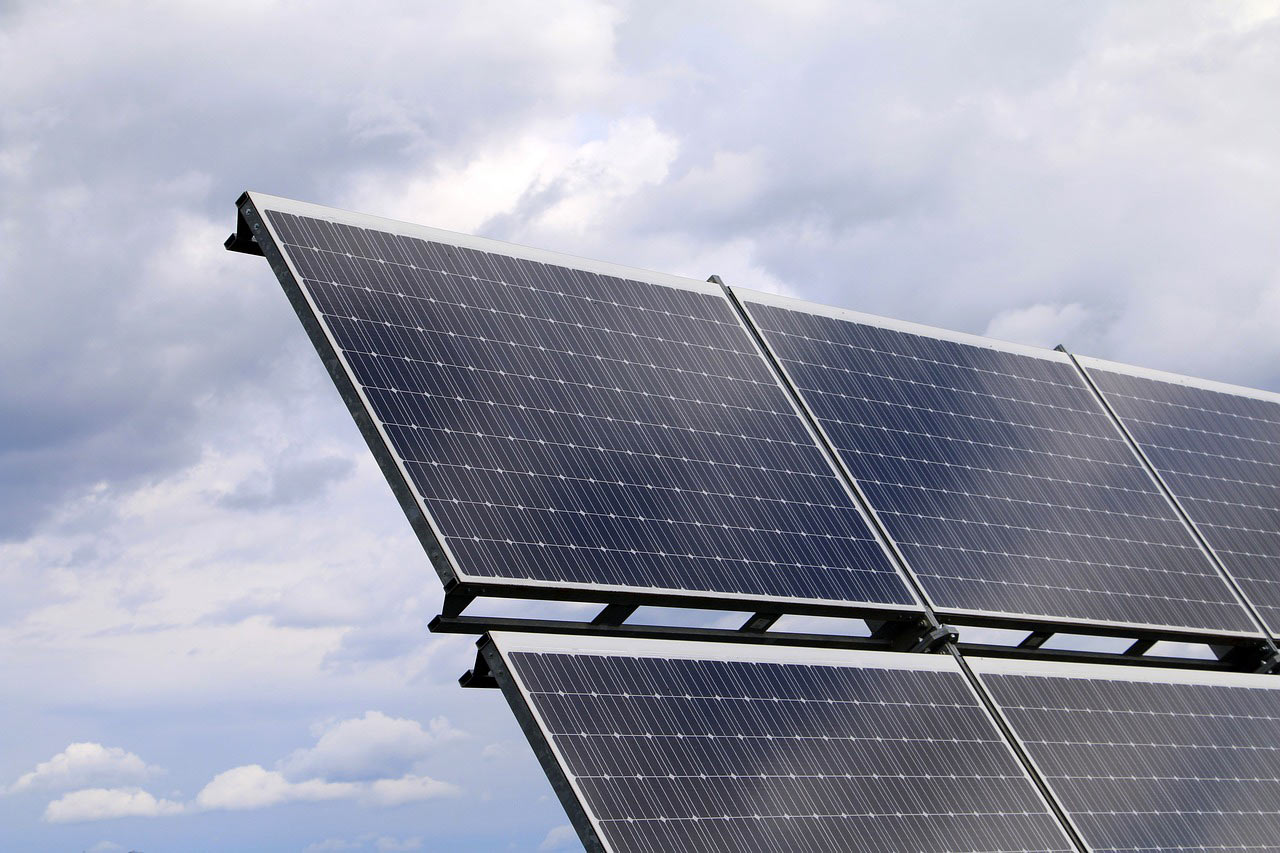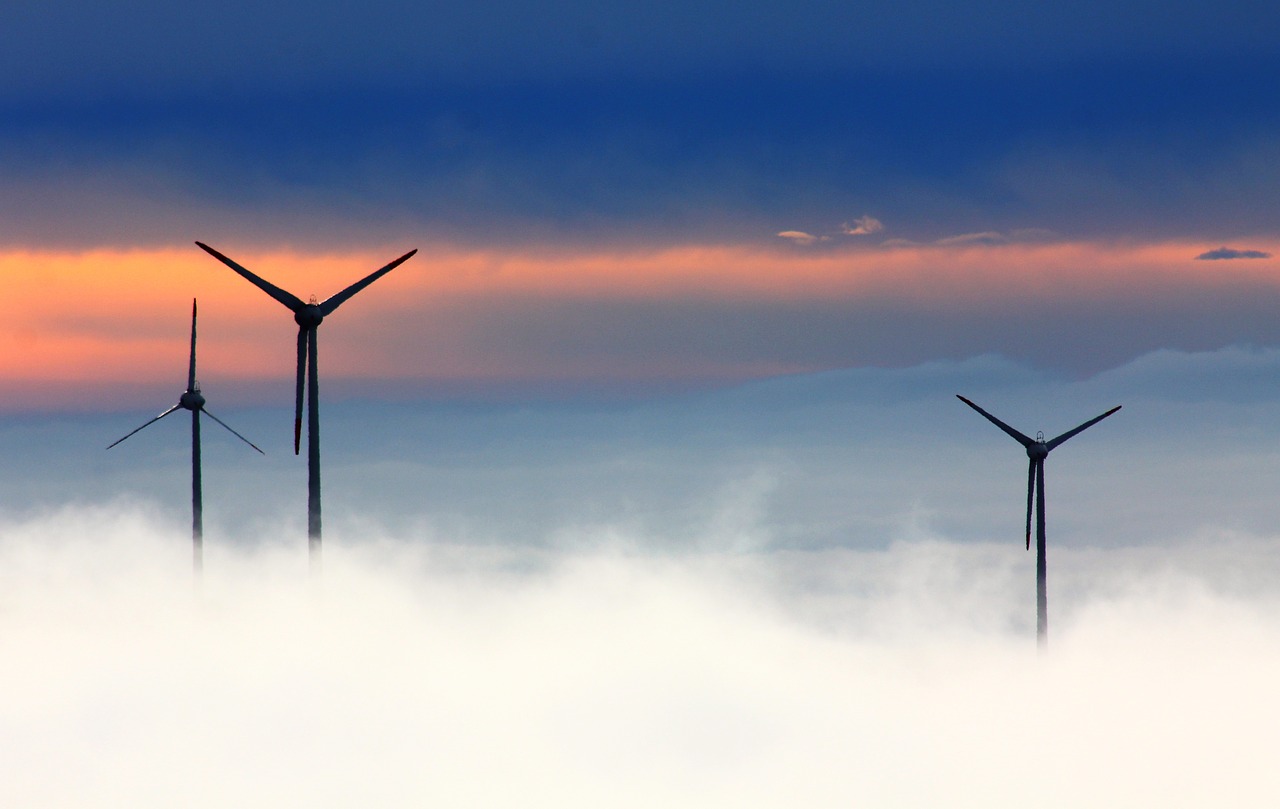Renewable energy now accounts for a third of the world’s power.
As this trend continues, more and more countries are looking to offshore energy sources to produce this renewable energy.
Researchers don’t want to slow down active responses to climate change, but they do encourage those making the decision to implement marine renewable energy devices (MREDs) to consider the impact of this technology, such as head trauma and hearing loss, on marine animals before beginning construction.
Green technology used on land, such as the wind farms, has had negative impacts on birds and bats, who collide into the massive spinning blades during migration or while on their night flights. Similarly, when spinning objects like wave energy converters are built under water, marine animals like dolphins and porpoises can be hit by the turning blades, causing blunt-force trauma.
MREDs are not only physically dangerous. They’re also noisy to construct, which can disrupt the echolocation some marine mammals use for hunting and navigating.
“Installing renewable energy sources in the ocean is a loud operation. I would compare building MREDs to living next to a construction site. Think about what it’d be like to live next to all those jackhammers and power drills,” says Andrew Wright, first author of a paper published December 17 in the journal Trends in Ecology and Evolutionan ocean and ecosystem scientist at the Natural Sciences and Engineering Research Council of Canada.
Even after construction is finished, the noise produced by MREDs can still be harmful.
While some technologies are relatively quiet, others can cause low-frequency sounds that echo through the water, obscuring the sounds of animals such as the critically endangered North Atlantic right whales, who, like dolphins, rely on their ears to explore their world.
Wright hopes this paper will lead to just that: consideration. He and his co-authors do support the implementation of MREDs, as long as the lives of both humans and animals are considered first.
“We don’t want to slow anything down. We just want everyone to be a bit more strategic in their efforts,” says Wright. “We all agree that climate change is a big problem that needs solutions, but it’s important to make sure that the solutions we implement don’t have too much collateral damage along the way.”
(Source: Science Daily)






